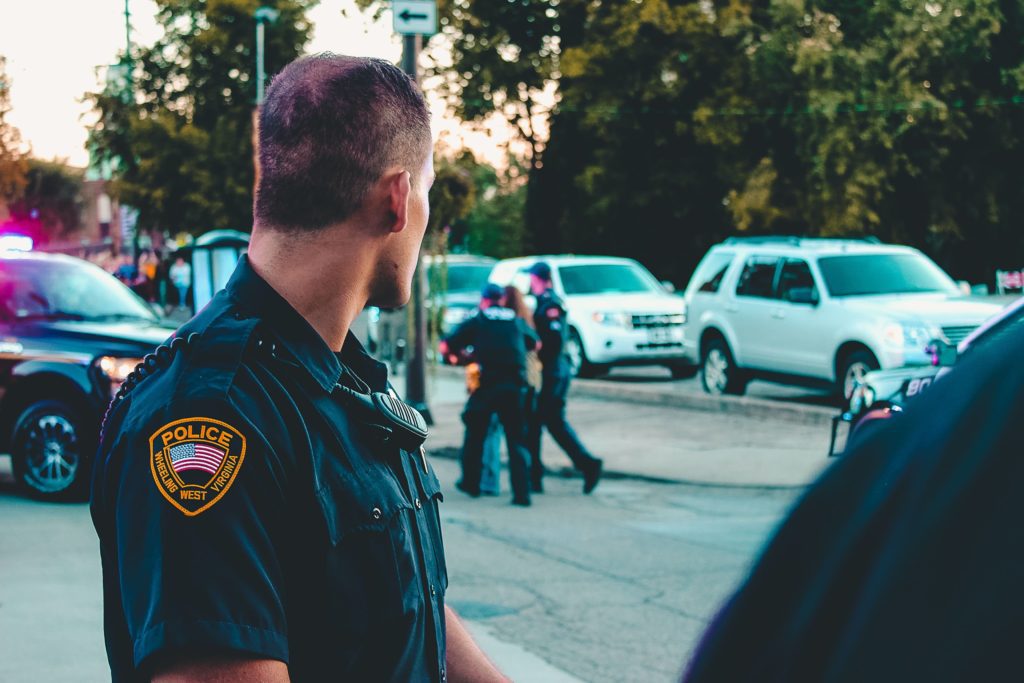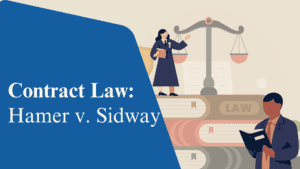
Keywords: federal crimes, state crimes, jurisdiction over crimes
When it comes to criminal law, jurisdiction is a crucial topic to understand since federal and state charges can be considerably different. In the United States, both federal and state courts can hear and adjudicate criminal cases. However, federal and state courts each have their own jurisdictions over specific crimes and can only hear those specific criminal cases within their jurisdictions.
Jurisdictions and Due Sovereignty Doctrine
Jurisdiction is defined as the authority of a court to hear and adjudicate specific cases. In other words, a court needs to have jurisdiction over a case in order to hear that specific case.
Based on the Due Sovereignty Doctrine, both the federal government and state governments have jurisdiction over criminal acts. The general rule of division for jurisdiction is that federal courts may only handle cases involving federal laws, while state courts may only hear cases involving state laws.
- Due Sovereignty Doctrine: in the United States, there is 1 federal government and 50 state governments that each has their own laws, procedures, and jurisdictions. Under the Due Sovereignty Doctrine, each state government can decide what it considers to be illegal, but this is limited to that government itself and is not extended for other governments.

Federal Jurisdiction
Federal courts are courts of limited jurisdiction and they have exclusive jurisdiction over federal crimes.
- Limited jurisdiction is when a court can only hear types of cases that they are authorized to hear.
- Exclusive jurisdiction is when a court has the authority to hear a case, which all other courts are excluded from having.
Federal crimes:
The definition of a federal crime is as follows: federal crime, also known as federal offense, is an act that has been made illegal by federal laws. Generally, federal jurisdiction over crimes exists when one of the following conditions is met:
- The crime involves the U.S. Constitution or federal law.
- The United States is a party to the criminal case.
- The criminal case involves parties from different states.
- The case involves interstate commerce or communications.
- The case involves crimes against the federal government or its agents.
- The crime involves citizens or property located outside of the U.S..
Examples of federal crimes include:
| Illegal Wire Tapping | Kidnapping | Child Pornography | Computer Crimes | Obscenity | Espionage |
| Aircraft hijacking | Lynching | Credit Card Fraud | Federal Hate Crimes | Tax Evasion | Mail Fraud |
| Bank Robbery | Carjacking | Identity Theft | Animal Cruelty | Counterfeiting | Electoral Fraud |

Prosecution:
Prosecution is the process through which a government presses charges against individuals who have committed a crime and subsequently puts them in trial. In the United States, federal crimes are prosecuted by U.S. attorneys in the federal district court where the criminal act(s) took place.
- U.S. attorneys: U.S. attorneys are the chief federal law enforcement officers within a particular jurisdiction, and they are in charge of prosecuting criminal conducts when federal jurisdiction exists.
One of the cheapest VPN provider around!
State Jurisdiction
There are 50 states in the United States, and each of them have their own government and laws. Each state government has jurisdiction over crimes that take place within its boundaries, or within three miles of its coastline.
State crimes
A state crime is an act that is considered illegal according to that state’s laws. Since state courts have jurisdiction within their territory, the offender of a state crime will be tried in a state court by a state prosecutor.
State crimes vary from state to state. Here are some examples of state crimes:
| Domestic Violence | Homicide | Animal Abuse | Robbery | Money Laundering |
| Rape | Drug Possession | DUI | Burglary | Battery |
| Assault | Shoplifting | Theft | Arson | Embezzlement |

Prosecution
State prosecutors are in charge with prosecuting crimes against state laws. State prosecutors are also called prosecuting attorneys, state’s attorneys, public prosecutors, district attorneys, city attorneys, or county attorneys, depending on the state.
Can the same person be prosecuted for the same crime by multiple states and the federal government?
Yes. If a crime is conducted in several states, it is likely that multiple states and the federal government will all have jurisdiction over the same person for the same crime.
As we have discussed in Constitutional Rights in Criminal Proceeding, the Fifth Amendment of the U.S. Constitution protects people from double jeopardy. However, the doctrine of double jeopardy only applies to an individual state or the federal government within. In other words, it does not extend to separate governments. Therefore, a person can be prosecuted by multiple governments without violating the Constitution.
If someone who committed a crime falls into multiple jurisdictions, which court will get the defendant first?
Generally when competing claims to jurisdiction over an individual occur, the first court to make an arrest or arraignment gets to keep the case. All the other courts competing claims to jurisdiction have to line up until the first court ends the case.


Comments
Pingback: Ten Defenses to Criminal Liability - CovertProfession